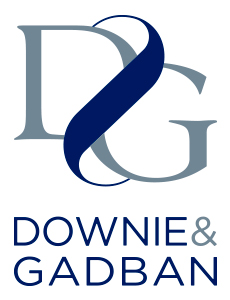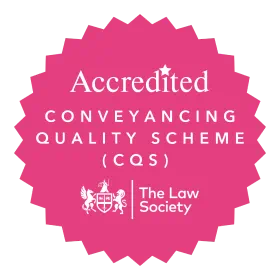Accountants offer a wide range of products and services, from book-keeping and the preparation of accounts to advising and reporting, and providing regulatory services. Mistakes by accountants can have significant financial consequences, including not just lost income but financial penalties from HMRC.
You could have a professional negligence claim if the service received from an accountant was below a reasonable standard of skill and care and as a result you have suffered a financial loss.
If you think you have a claim against your accountant, please contact us at Downie & Gadban and we’d be happy to assist.
Examples
There are many circumstances where it may be appropriate to pursue a claim against your accountant. Some examples include:
- Failing to provide correct tax advice, resulting in you incurring HMRC fines or penalties
- Failing to ensure accounts or tax returns were accurate and without errors
- Failing to meet tax deadlines
- Failing to submit VAT returns or providing the wrong advice on VAT recoverability
- Failing to detect fraud
- Failing to provide competent advice on estate tax planning
- Failing to value company shares/business accurately
- Failing to conduct thorough due diligence
The examples above are not intended to be exhaustive, so if you think you have a professional negligence claim, please contact us at Downie & Gadban and we’d be happy to assist.
CONTACT US
If you wish to discuss a case with us, please contact our professional negligence specialist, solicitor Robert Small, on 01420 81275 or fill in the form below.
Should you make a complaint first?
Most accountants will be members of a regulatory body such as the Association of Chartered Certified Accountants (ACCA) or the Institute of Chartered Accountants in England and Wales (ICAEW). These bodies can discipline members for poor service. However, this process is separate from a professional negligence claim and you do not need a decision from the relevant body to progress your claim.
Accountants who are members of ACCA or ICAEW are required to have professional indemnity insurance. This means that, whatever the financial resources of the accountant, any successful claim should be covered by their insurance.
It is important to remember that the time limit on bringing a professional negligence claim will not pause while you are going through the complaints process. If you are not sure on the best option for your claim, contact us at Downie & Gadban and we will be happy to advise.
Why Downie & Gadban?
Downie & Gadban’s team of professional negligence specialists have extensive experience in pursuing disputes involving professionals, including accountants. We give practical and pragmatic guidance using clear and plain-speaking language to ensure you achieve the best possible outcome.




